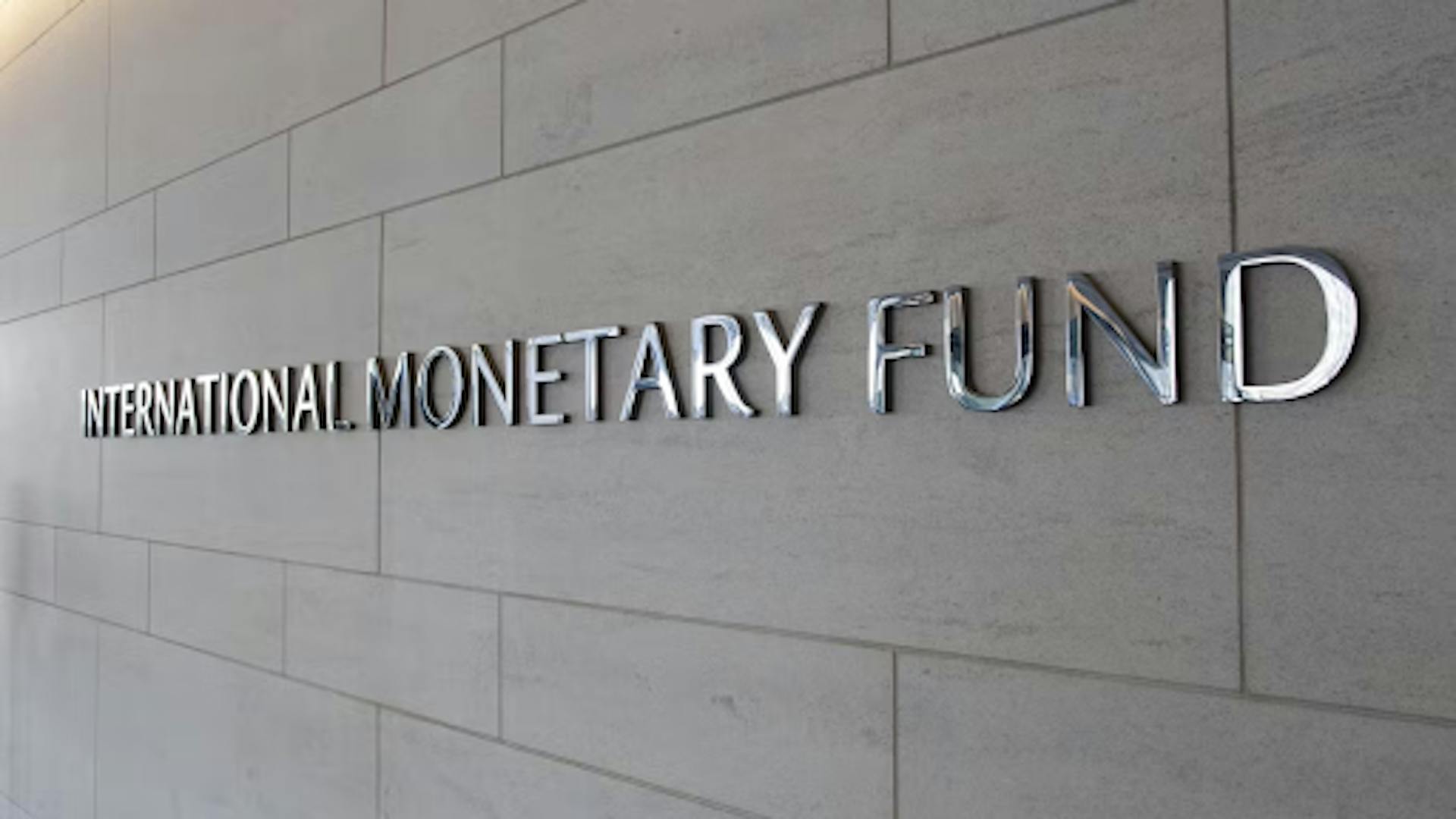Bank Information Center: Why should the IMF eliminate surcharges?

Amid a global debt crisis exacerbated by the COVID-19 pandemic, the International Monetary Fund (IMF) continues to impose extra fees on countries already in dire financial straits. Surcharges largely impact several middle-income countries, driving these countries further into debt and hindering their ability to invest in urgently needed health and social services. To support an equitable global recovery, the IMF should immediately eliminate surcharges.
Pressure from civil society, prominent economists, and lawmakers is mounting on the IMF to eliminate these onerous fees. While proponents of surcharges claim the fees impact only a select number of countries, there are currently 16 countries subject to surcharges, with the Fund estimating this number could reach 38 countries by 2024. The IMF has a responsibility to provide temporary funding for member countries “without resorting to measures destructive of national or international prosperity.” In the midst of the COVID-19 pandemic, Russia’s war in Ukraine, and climate change, the IMF should support its members rather than extract rents from them when they are least able to pay. If the IMF wants to promote an equitable global recovery, it should immediately stop surcharges.
For more information on surcharges and how they impact countries, read our policy brief here.
Source:



